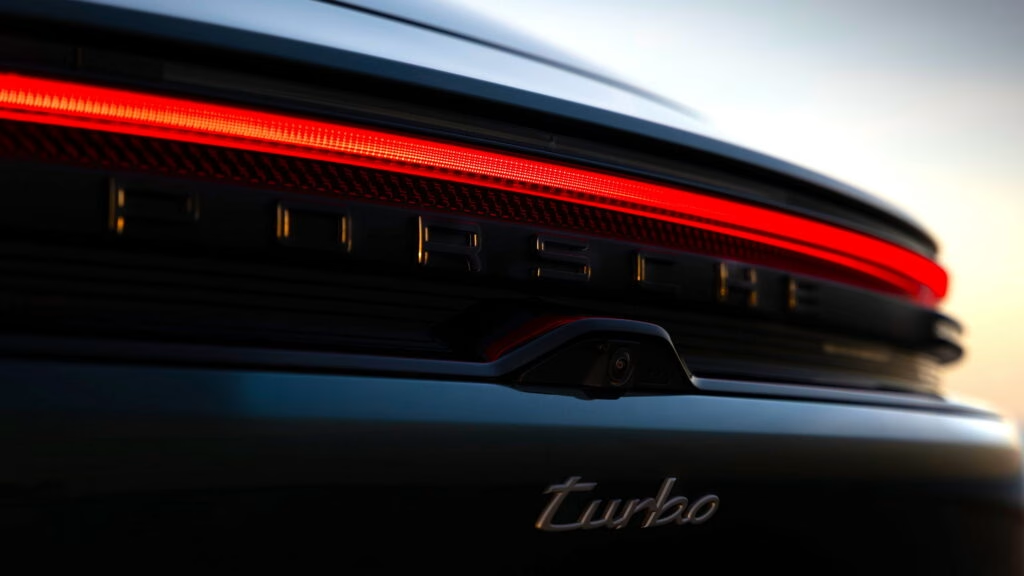Why is Porsche doubling down on combustion engines after its electric push?
If you’ve been following Porsche’s journey over the last few years, you know it’s been a wild ride. After its 2022 stock market debut, the company poured resources into electric vehicles, betting big on a future that seemed all but certain. The plan? Phase out beloved combustion models like the 718 twins and Macan, and go all-in on EVs. But here’s the twist: the signals that looked so promising back then didn’t quite pan out. Porsche’s CEO, Oliver Blume, now openly admits that pivoting away from combustion was a misstep—and he’s steering the brand back toward a more balanced approach.
What’s behind Porsche’s strategy shift?
Let’s get real: it’s not that Porsche’s EVs flopped. The Taycan had its moment in the sun, and the new Macan Electric is flying off showroom floors—especially in Europe, where over a third of all Porsches sold are now fully electric. In fact, half of Macan buyers opt for the EV version. But here’s the rub: the overall EV market isn’t growing as fast as everyone predicted, especially in the US, where things have hit a plateau. Add to that a 6% drop in global sales and a jaw-dropping 67% fall in profits for the first half of 2025, and you’ve got a recipe for some serious soul-searching at Porsche HQ.
Blume summed it up bluntly: “This is not a storm that will pass. The world is changing dramatically, and above all, differently than expected just a few years ago.” Translation? Time to rethink the game plan.
Will Porsche really bring back more gasoline models?
Absolutely. In a move that’s sure to make purists smile, Porsche is fast-tracking development of new combustion models. The Macan, which was supposed to go fully electric, is now getting a new internal combustion engine (ICE) version by 2028—possibly even sooner. Blume confirmed that Porsche is working on a compact SUV with both ICE and hybrid options, aiming for a global rollout before the decade is out. The company is hustling to keep development times short and promises a “very, very typical Porsche” experience, even as it differentiates the new model from the electric Macan.
There’s still some mystery about whether this new SUV will keep the Macan name or get its own identity. That decision could say a lot about how Porsche wants to position its combustion and electric lineups—side by side, or as distinct choices for different kinds of drivers.
What about Porsche’s other models—will they get combustion options too?
The Macan isn’t the only model in the spotlight. Porsche’s Cayenne will continue to offer both electric and combustion versions, and the upcoming K1 super-SUV—originally planned as an EV—might now get an ICE variant as well. The 718 Boxster and Cayman, delayed until at least 2027 due to battery supply hiccups, could also see a return to combustion, though Porsche hasn’t made any promises there yet.
This flexible approach isn’t just about hedging bets. It’s a recognition that different markets are moving at different speeds. In Europe, EV adoption is strong, but in the US and China, the story is more complicated. By offering a mix of powertrains, Porsche can stay relevant no matter which way the wind blows.
How are global challenges shaping Porsche’s decisions?
It’s not just about engines and batteries. Porsche is grappling with a host of global headwinds. Sales in China have plummeted 28% this year, and new US tariffs on European imports are squeezing profits even further. The company is responding with job cuts and price hikes, but those are band-aids, not long-term solutions.
For buyers, though, this shakeup could be a win. More choice means you can pick the Porsche that fits your lifestyle, whether you’re ready to plug in or still love the sound of a flat-six. And with the brand’s renewed focus on what makes a Porsche a Porsche—performance, character, and that unmistakable driving feel—there’s reason to be optimistic.
What’s the big takeaway for Porsche fans and car buyers?
Porsche’s pivot isn’t about abandoning electric dreams or clinging to the past. It’s about reading the room, listening to customers, and staying nimble in a market that’s anything but predictable. The company’s willingness to admit mistakes and course-correct is refreshing—and honestly, a bit rare in the auto industry.
The big takeaway? Porsche’s future isn’t about perfection—it’s about smarter adjustments. Start with one change this week, and you’ll likely spot the difference by month’s end. Whether you’re eyeing your next car or just watching the industry evolve, keep an eye on Porsche—they’re proving that flexibility, not dogma, is the real key to staying in the driver’s seat.

